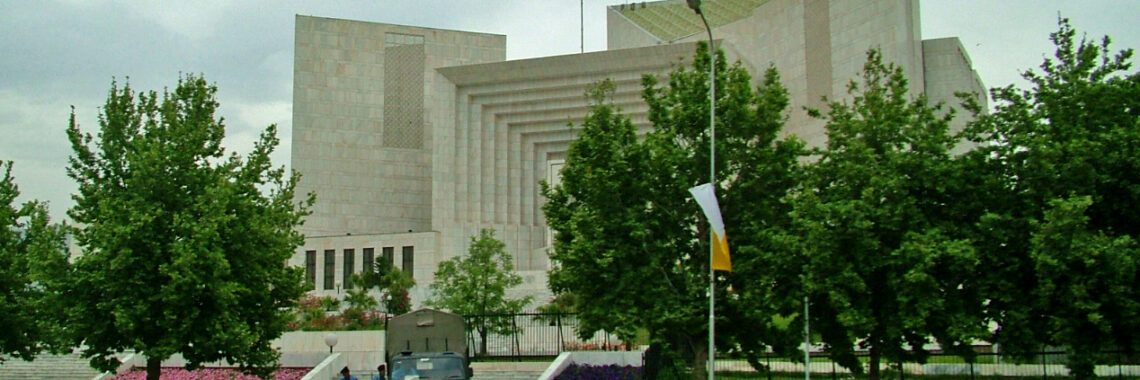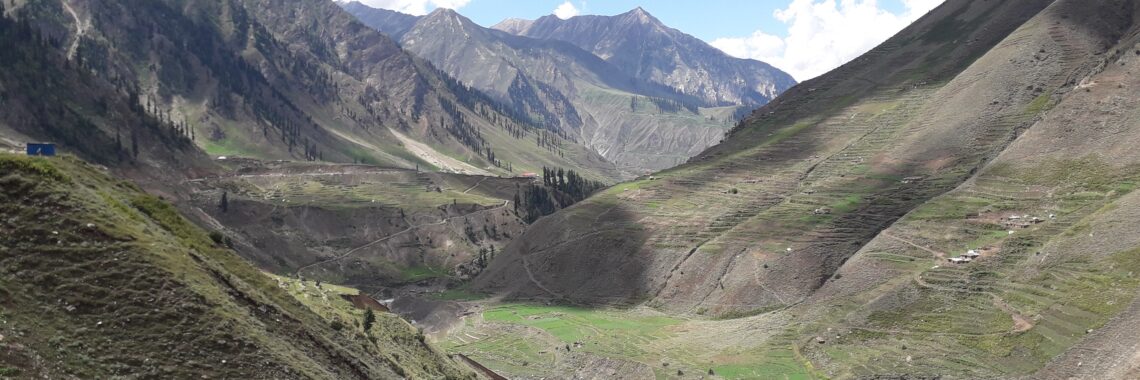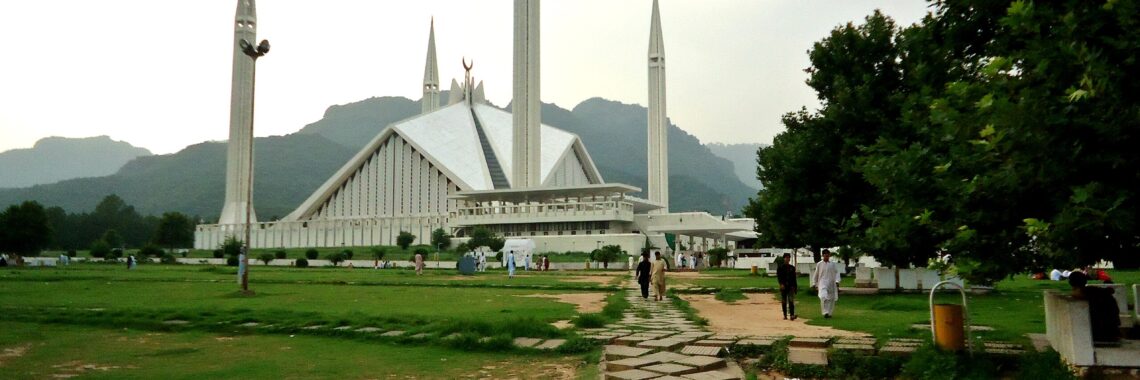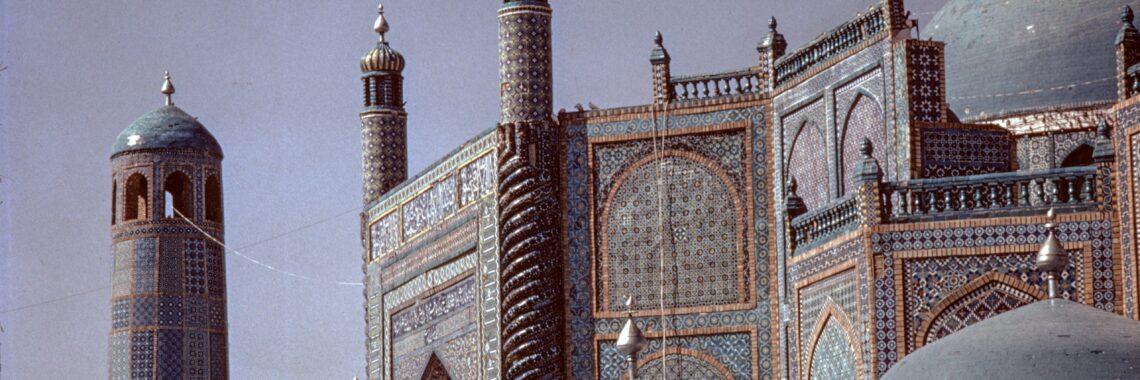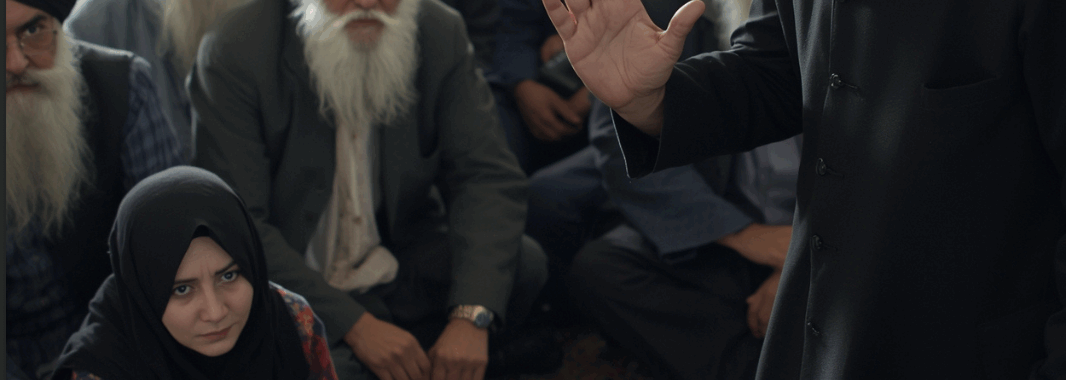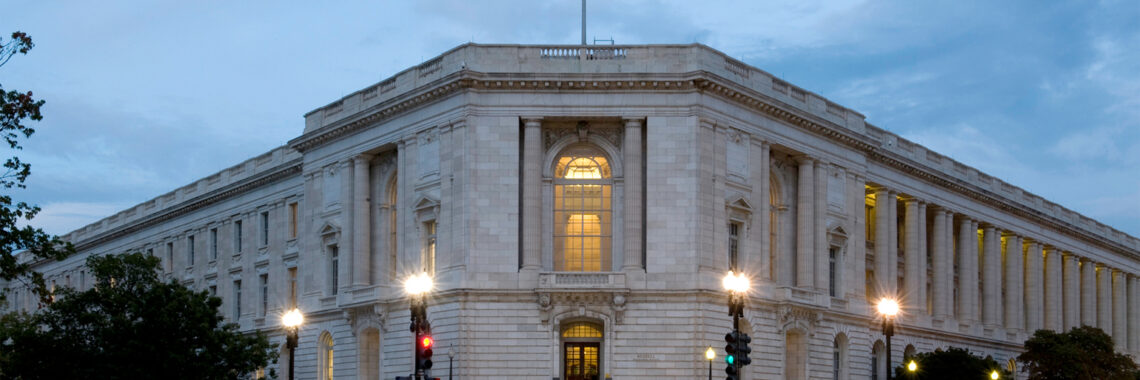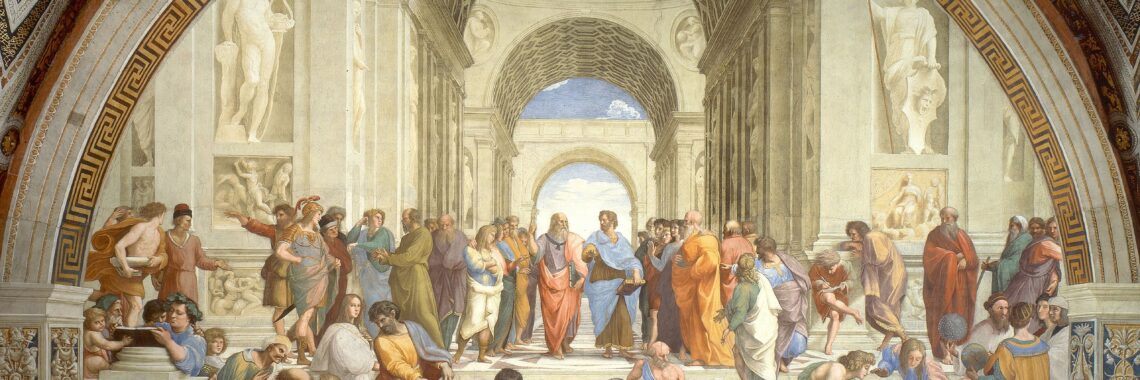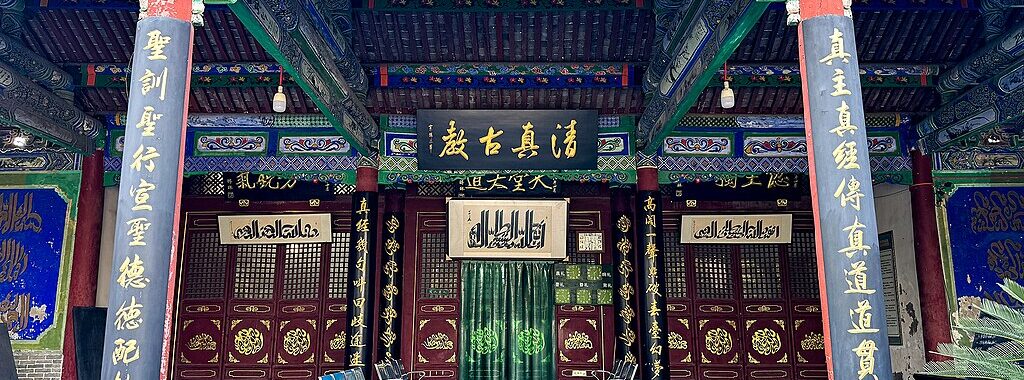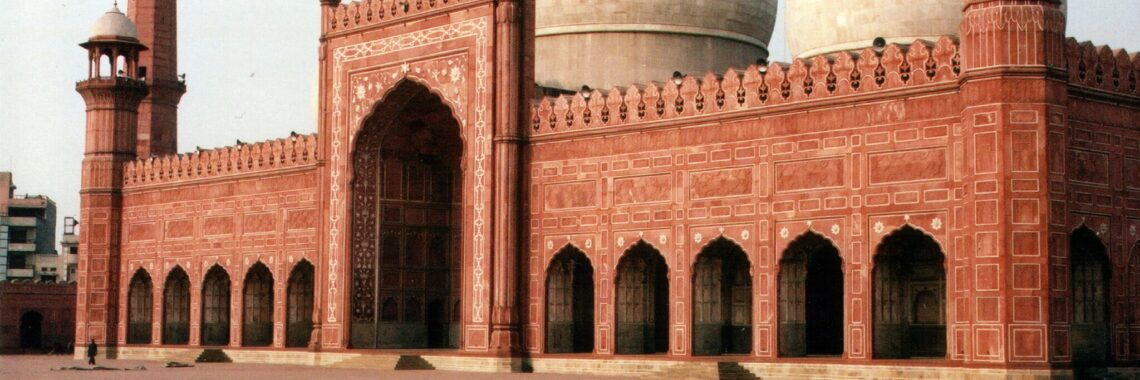“Evaluating the Mediation System in Pakistan” by Muhammad Bakhsh Meskanzai
Supreme Court of Pakistan by Guilhem Vellut (CC BY 2.0). The pursuit of justice is often described as a journey toward truth, yet in the context of Pakistan’s legal landscape, that journey is frequently stalled by the heavy burdens of delay, exorbitant costs, and procedural complexity. As the backlog of cases in the superior and…


